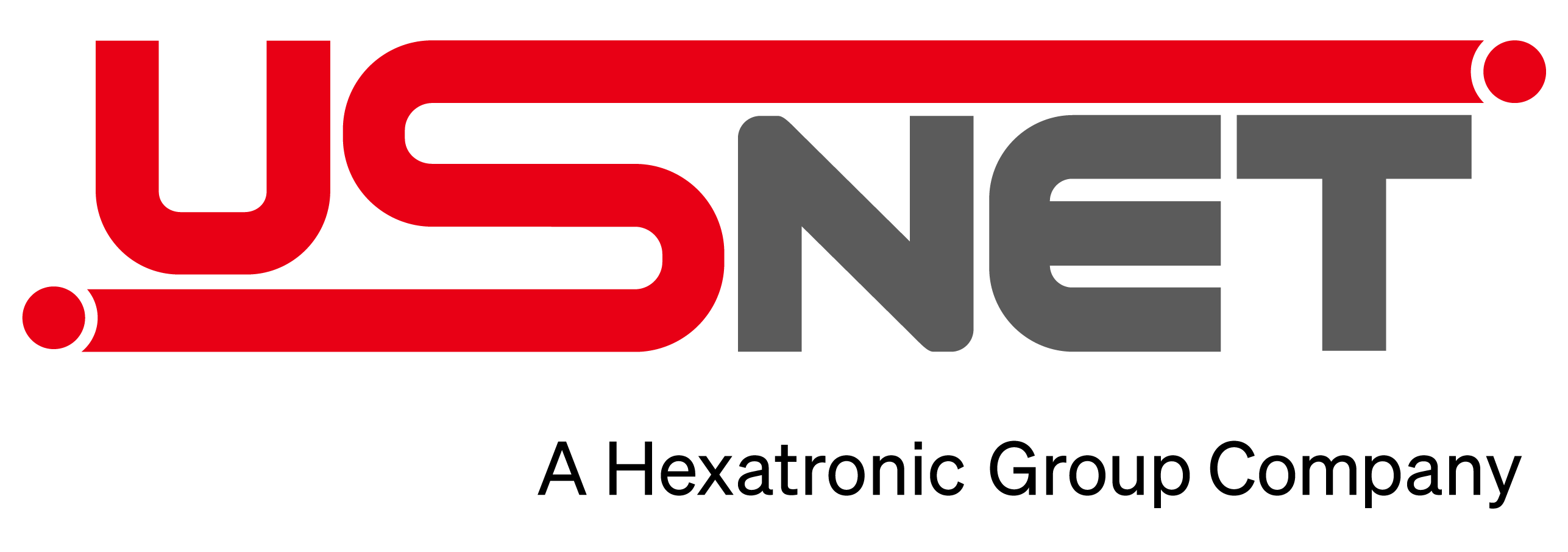
Data centers are expensive to own and run, making a personal center impractical for most businesses. One solution is colocation. A colocation facility provides a shared space for servers and hardware as well as on-site third-party security. This helps overcome the prohibitive cost of private data centers and makes off-site data storage achievable for more companies.
Colocation benefits
For small and midsized companies, colocation has some eye-catching benefits. Cost is chief among these. Using a colocation provider means many invisible operating costs, such as security and maintenance, are no longer your responsibility. Instead, these would be handled by the colocation provider. This adds greater predictability to long-term budgeting and makes planning easier.
Typically, third-party data centers offer 24/7 support. Sites are surveilled and patrolled. In case of a local natural disaster, redundancies are standard practice. These perks lead to a reliable, stable server setup and a solid foundation from which to run your business.
The best feature of colocation is scalability. With room to add or reduce rack space as needed, your business can change and flex with the markets without overpaying for unnecessary equipment or being unable to meet new demands.
Colocation challenges
There are challenges that come with colocation. The initial costs can be intimidating to smaller businesses. Even though the costs level out in the long run, it’s risky to justify large upfront expenses. Different cost models are available, but expect to be charged for floor space, power, and bandwidth.
Third-party data centers can also make moving and maintaining equipment difficult due to the security concerns involved. Because everyone has valuable equipment stored in a tight space, regulations regarding when and to whom access is granted can be difficult to work around.

Choosing the right provider
The biggest colocation concern is choosing the right provider. There are many factors to consider. Here are some initial questions to ponder before making your selection:
- Scheduling access for maintenance might be an issue, so does the provider have a nearby location, ideally with 24/7 access?
- Does the provider have a good reputation?
- Does the provider have the necessary certifications?
- Is the provider compliant with the same restrictions as your business?
- Does it meet regional/demographic requirements for the business?
Unless you are running a massive corporation, colocation is likely a viable solution for you. Having your own private server center, whether on-site or off, is simply not practical. Despite the costs of moving and the complex logistics of colocation, a good provider can mean long-term stability and scalability in a world where commerce is increasingly digital.

Recent Comments